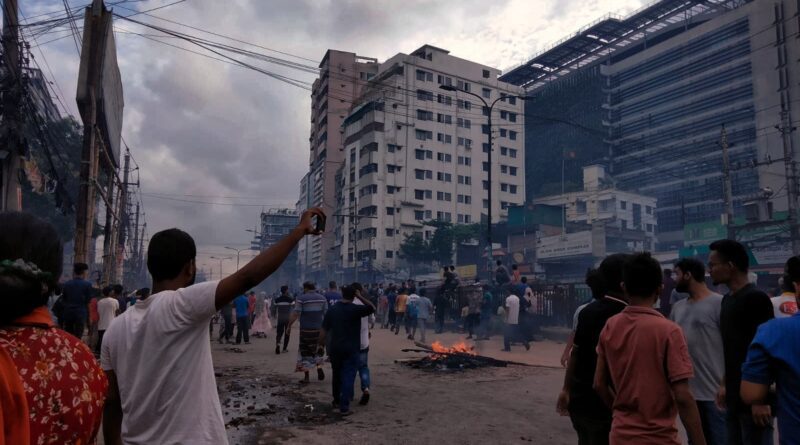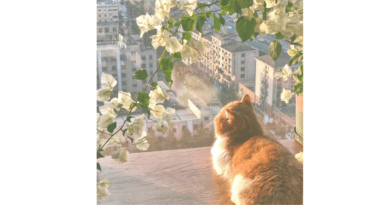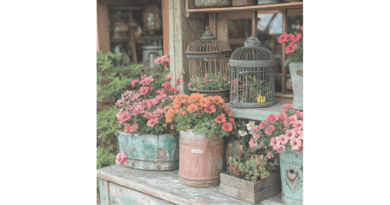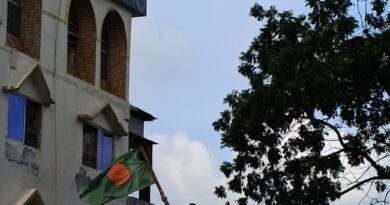We Remember So They Can’t Rewrite
They say the ground in Badda still remembers—
a scorch mark near the bend
where a boy’s breath caught mid-chant,
his voice folding into the tear gas
before it reached the sky.
The air was thick with sirens and resistance,
but none of it made the news in full.
I wasn’t there—
not in the rush of footsteps,
not under the scaffoldings of rage and resolve.
But I watched the violence
slip through my screen
like ash under a door.
A girl I barely knew
live streamed from behind the admin building,
her voice steady but her hands not.
“Please share. Just share this.”
As if sharing
could stitch torn flesh
or unfracture bone.
I shared anyway.
What else could I do?
The university became more than walls that day.
It became pulse.
It became battleground.
Posters turned to shields,
classrooms to sanctuaries,
and the gate—
that old iron gate—
suddenly bore the weight of the country’s forgetting.
They came armed
with denial and batons.
We came
with backpacks and protest.
Some ran. Some stood.
Some knelt next to the fallen
and whispered prayers
in between their sobs.
There’s a story of a boy
who dragged three others into safety
before collapsing himself—
a stranger’s hands cradled his head
while someone yelled for saline.
The tear gas canisters were still hot
when students picked them up
and filmed them
proof,
in case the world claimed
none of this happened.
And our faculty?
They didn’t need to march.
They stood beside us
in the silence after.
In messages that said,
“I’m proud of you,”
or
“Your voice matters more than your attendance today.”
Sometimes resistance comes
not as fire,
but as shelter.
From where I sat,
miles away,
I held my breath with each update.
We weren’t just watching
we were archiving.
We were remembering.
Because forgetting
is exactly what they count on.
You don’t have to breathe the smoke
to choke on what it meant.
You don’t need a bruise
to carry the ache.
I did not bleed that day,
but I carry the memory like marrow
quiet, invisible,
but always burning.
They silenced a campus.
But they couldn’t silence the story.
And we
those who stood, those who ran,
those who watched,
those who wrote,
we are the keepers of that flame.
Because what happened in July
was not a day.
It was a wound.
And wounds,
if left untold,
turn to myths.
We remember,
not out of nostalgia,
but out of necessity.
Because power forgets.
But we won’t.




